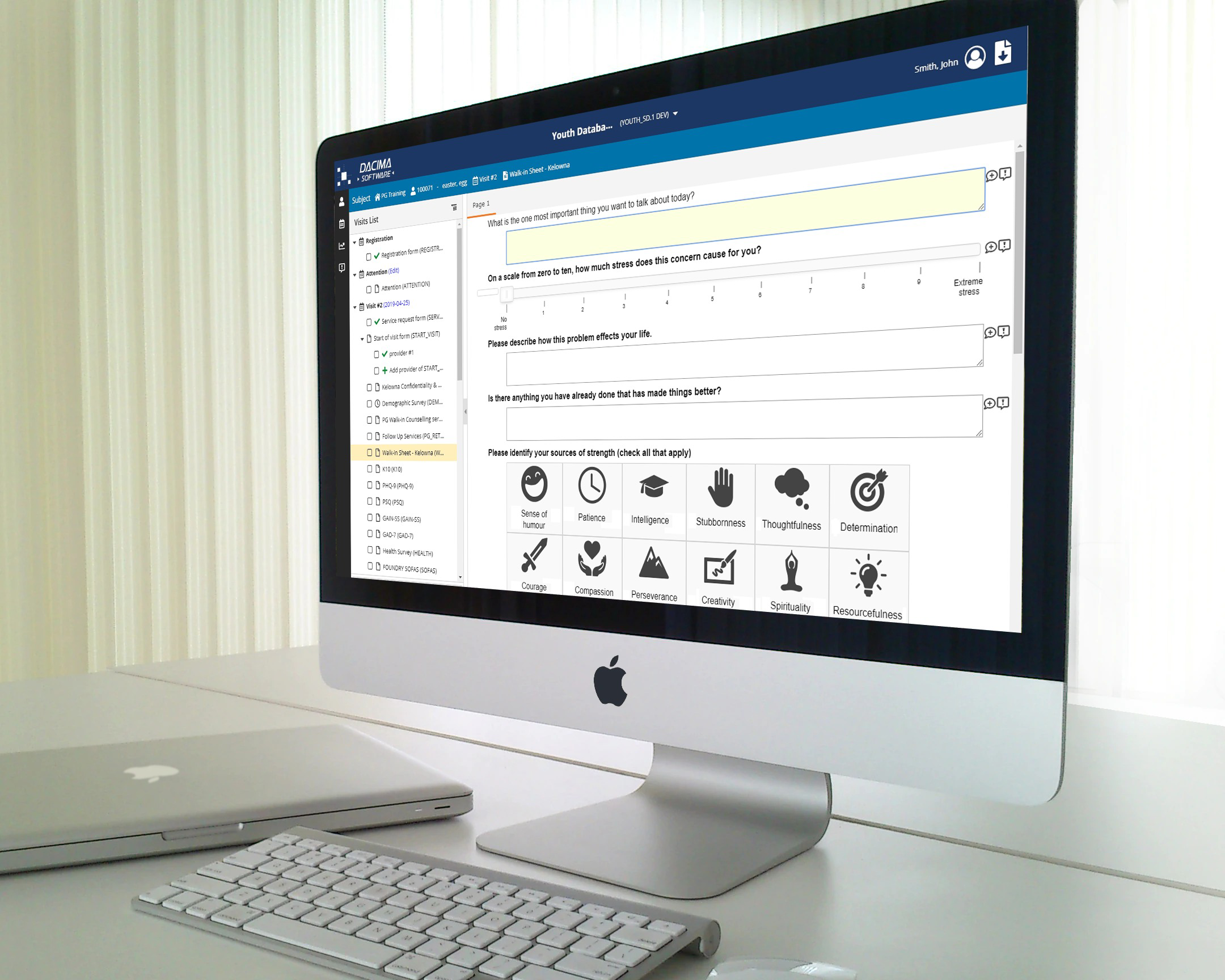
Today, with rapid advances in technology, businesses and organizations are looking for a way through which operations can flow easier, be more efficient, and become better in terms of productivity and data accuracy. This is exactly where such advanced ePRO software comes into the scene, providing a more rounded way of managing and optimizing data workflows. The blog addresses core features of the ePRO software and its applications in shifting data management strategies.
What is ePRO Software?
The so-called ePRO software, otherwise electronic patient-reported outcomes software, is developed to assist in the collection, management, and analysis of patient-reported outcomes. Quite often, this type of software is used in the health sector and significantly contributes to healthcare and clinical research. ePRO software is used to directly source data from patients about their health status, quality of life, and experiences with treatment. This sourced information contributes to quality clinical decisions, treatment refinement, and other research processes.
One of the major benefits attached to this ePRO software is capturing information from patients in real time. Traditional methods of data collection often involve paper questionnaires or manual entry, which is time-consuming and prone to errors in entry. ePRO software solves this problem by providing an easy, secure, and efficient method for patients to input their data digitally. This eases the administrative burden on health providers while ensuring that data collected is accurate and up-to-date.
Key Features of ePRO Software:
User-Friendly Interface:
The ePRO software designs put the end-user in mind by making the interface very user-friendly for patients to go through and answer their surveys or questionnaires. This makes it very easy and enhances the likelihood of higher participation rates along with the collection of consistent data from divergent patient demographics.
Real-Time Data Collection:
One of the standout features of the software is in its real-time data collection ability. This immediacy enables healthcare providers to view current data for their patients, hence the possibility of timely interventions and alterations of treatment plans.
Greater Accuracy of Data:
With the minimization of manual entries and automation in most data collection procedures, the risks of errors are drastically reduced with ePRO software. This increase in accuracy goes a long way to preserving the sanctity of patient data and producing reliable outcomes for clinical research.
Customizable Reporting:
Many ePRO software packages have quite robust reporting functionality that generates customized reports from captured data. Reports can be generated to serve particular research interests or to represent patient outcomes for more informed decisions.
Data Protection Management:
Medical data is one of the most sensitive kinds. Therefore, every electronic patient-reported outcome software will focus foremost on guaranteeing security measures. These incorporate advanced techniques in encryption, some other procedures taken to ensure data protection, securing patient information, and even maintaining regulatory standards.
Applications of the ePRO Software
Clinical Trials:
In clinical research, ePRO software enables study participants to report data about their experience and outcome. This information is very instrumental in establishing the efficacy of new treatments and therapies and generally understanding patient perspectives.
Long-term care of chronic disease patients:
Patients who have any conditions that require continuous care can be recommended to use ePRO software for the monitoring of status and tracking of changes over time. All this information is useful in the management of treatment and its modification, if necessary, by patient feedback.
Patient Engagement:
The ePRO software increases patient engagement in treatment by providing a platform where patients can actively get involved in their care. Due to the regular input of health data, patients become more involved in the treatment processes and are able to better manage conditions.
Quality of Life Assessments:
Quality of life assessment is a very important parameter of healthcare, and ePRO software makes this possible through the collection of data on various parameters in the well-being of a patient. This information helps the healthcare provider understand the broader impact of treatments on patients’ lives.
The Future of ePRO Software
As technology further advances, so will ePRO software, developing even more sophisticated features and capabilities. Artificial intelligence and machine learning might further develop the analysis of data to give deeper insights related to patient outcomes. It could integrate further with other digital health tools and electronic health record systems in the near future to provide seamless and comprehensive solutions for managing data.
This likely means increased adoption of ePRO software as healthcare organizations become more aware of the advantages of collecting and managing data digitally. With the increased implementation of ePRO solutions, there will be general improved quality toward better patient care and clinical research, hence driving better health outcomes and more efficient healthcare delivery.
ePRO software is a major advancement in data management, especially in the sphere of healthcare. Current innovations in ePRO software relating to real-time data collection, advanced accuracy, and user-friendly interfaces change the face of patient data collection and utilization. It has been an indispensible tool in clinical trials, treatment management of patients suffering from chronic diseases, in patient engagement, and studies relating to quality of life for both healthcare providers and researchers. The place of ePRO software in the march toward technological progress will surely be more integral in the advancement of healthcare and betterment of patient outcomes.
